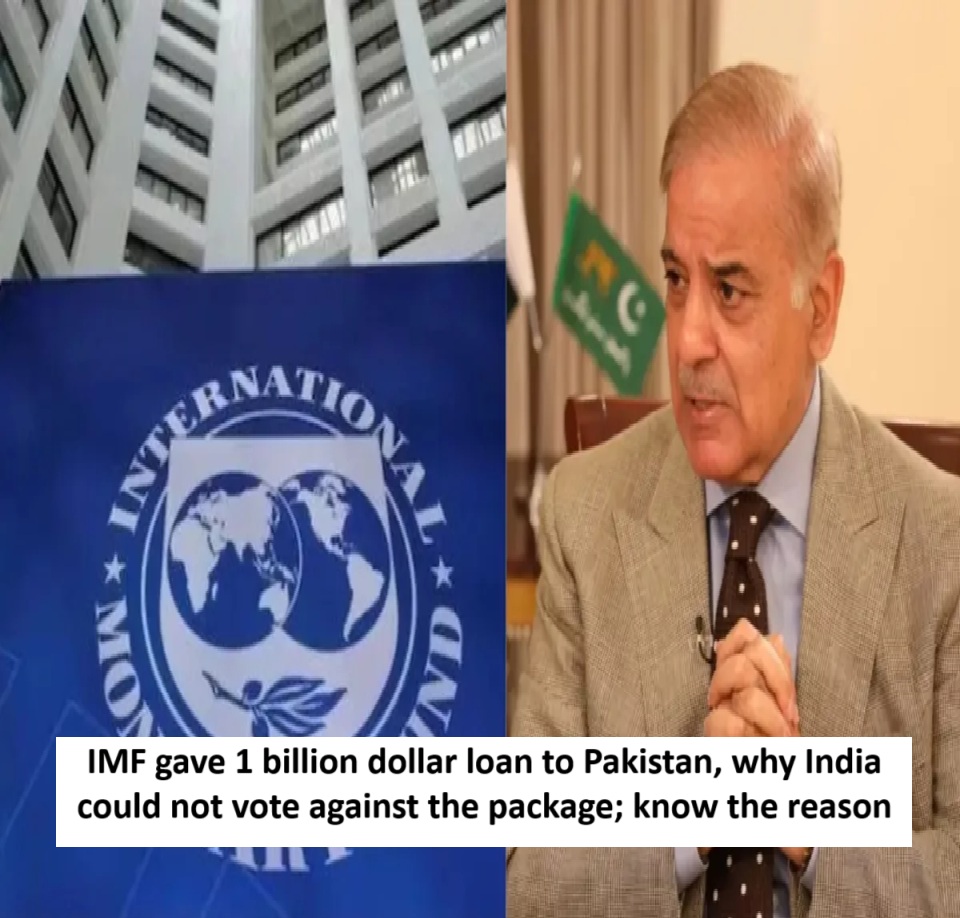
News Topical, Digital Desk : The tension between India and Pakistan is at its peak and meanwhile the International Monetary Fund (IMF) has given a loan of 1 billion dollars to Pakistan. India definitely raised its voice against this but despite wanting to, India could not vote against this bailout package.
India objected to the loan, citing Pakistan's poor track record and opposed the funding, saying that the financial aid received by Pakistan in the past has not been utilized properly.
Who takes the funding decision in IMF?
- The IMF Executive Board consists of 25 directors representing member countries or groups of countries. It handles daily operational matters, including loan approval.
- Unlike the United Nations, where each country has one vote, the IMF's voting power reflects the economic size of each member. For example, countries such as the United States have a disproportionately high voting share. Thus to simplify things, the IMF generally takes decisions by consensus.
- In cases where a vote is required, the system does not allow a formal "no" vote. Directors can either vote in favour or abstain. There is no provision to vote against the loan or the proposal.
Why could India not vote?
- India abstained from the recent IMF vote to approve a loan to Pakistan, not due to lack of opposition but because a formal “no” vote is not permitted under IMF rules.
- By abstaining, India expressed its dissent within the limits of the IMF voting system and used the occasion to formally register its objections.
- India questioned the effectiveness of current IMF assistance, saying that Pakistan has received assistance for 28 of the last 35 years, of which only four programmes in the last five years resulted in any meaningful or lasting improvements.
- India strongly highlighted the continued dominance of the Pakistani military in economic affairs, which undermines transparency, civilian oversight and lasting reform.
- India strongly opposed funding a country that continues to sponsor cross-border terrorism. India warned that such support threatens the reputation of global institutions and undermines international norms.
--Advertisement--

 Share
Share



